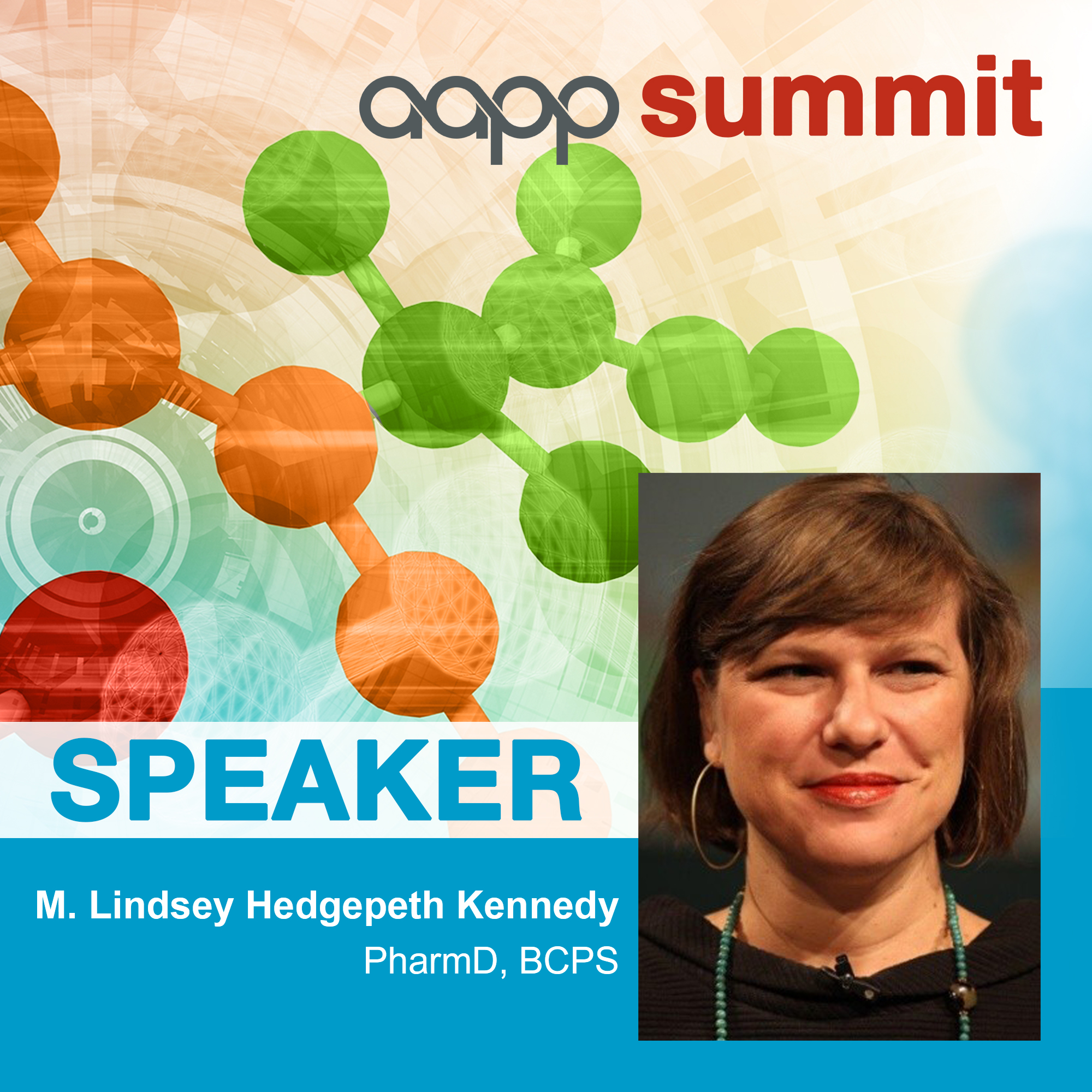Course Description
 GLP-1 receptor agonists (GLP-1As) treat diabetes by increasing insulin secretion and decreasing glucagon secretion, while also slowing gastric emptying and regulating appetite, which can reduce food intake and increase satiety. These effects may benefit patients with binge eating disorders but could exacerbate restrictive behaviors in those with anorexia nervosa. Given the expanding role of GLP-1As in psychiatric treatment, including eating disorders, psychiatric pharmacists should recognize appropriate patients for this medication class and explain both its benefits and risks. This session will discuss the differences in GLP-1As for weight loss treatment, associated eating disorder risks with using GLP-1As, and creation of a treatment plan when using these agents in the setting of an eating disorder.
GLP-1 receptor agonists (GLP-1As) treat diabetes by increasing insulin secretion and decreasing glucagon secretion, while also slowing gastric emptying and regulating appetite, which can reduce food intake and increase satiety. These effects may benefit patients with binge eating disorders but could exacerbate restrictive behaviors in those with anorexia nervosa. Given the expanding role of GLP-1As in psychiatric treatment, including eating disorders, psychiatric pharmacists should recognize appropriate patients for this medication class and explain both its benefits and risks. This session will discuss the differences in GLP-1As for weight loss treatment, associated eating disorder risks with using GLP-1As, and creation of a treatment plan when using these agents in the setting of an eating disorder.
Learning Objectives
- Relate pharmacodynamic and pharmacokinetic properties of GLP-1As when used for eating disorders.
- Assess potential risks of GLP-1As in patients with or at-risk of developing an eating disorder.
- Evaluate evidence and feasibility for using GLP-1As for an eating disorder.
Target Audience
If you are a pharmacist, nurse practitioner, or other health care professional involved in the comprehensive medication management of individuals living with mental health and/or substance use disorders, we invite you to participate in this online course.
Faculty

View biographical information
M. Lindsey Hedgepeth Kennedy, PharmD, BCPS
Clinical Pharmacy Specialist in Psychiatry & Addiction Medicine, UNC Health; Addiction Medicine Program, Department of Psychiatry, UNC School of Medicine
Lindsey Kennedy is a clinical psychiatric pharmacist at UNC Health and an Assistant Clinical Professor for the Department of Psychiatry at the University of North Carolina at Chapel Hill School of Medicine. She earned her Doctor of Pharmacy degree from the University of North Carolina at Chapel Hill School of Pharmacy in 2003 and completed a PGY2 Psychiatric Pharmacy Residency at Audie L Murphy VA in San Antonio, Texas in 2007. Dr. Kennedy has worked in a variety of patient care settings: from operating room pharmacy, inpatient neurology, inpatient psychiatry, to community pharmacy. While practicing in an inpatient psychiatric setting, she developed pharmacy subject matter expertise on perinatal issues, eating disorders, severe and persistent mental illnesses, and addiction. Teaching all levels and professions of learners is integral to Dr. Kennedy’s work; she provides over 20 hours of psychopharmacology lectures per year to the UNC Department of Psychiatry residents and fellows in addition to various continuing education offerings. In 2023, she joined the faculty of the Addiction Medicine program at UNC School of Medicine and is the pharmacist subject matter expert for North Carolina Substance Treatment and Recovery Network (NC STAR Network). In her spare time, she continues to practice independent pharmacy with her father in Henderson, NC.
Course Requirements
To receive ACPE credit for this session, you must:
- Register for this course.
- Review the full content of the activity and reflect upon its teachings.
- Complete the evaluation at the end of the activity.
- Provide the necessary details in your profile to ensure correct reporting by AAPP to CPE Monitor.
Continuing Education Credit and Disclosures
Activity Dates: 10/02/2025 - 10/02/2028
ACPE Contact Hours: 1.25
ACPE Number: 0284-0000-25-027-H01-P (Application)
Nursing Credit Reminder: Note that ACPE credit is accepted for ANCC Certification Renewal and AANPCB advanced practice provider content. For specific questions related to your organization's acceptance of ACPE continuing education units, please contact your organization directly.
![]() The American Association of Psychiatric Pharmacists is accredited by the Accreditation Council for Pharmacy Education as a provider of continuing pharmacy education.
The American Association of Psychiatric Pharmacists is accredited by the Accreditation Council for Pharmacy Education as a provider of continuing pharmacy education.
AAPP owns the copyright, is licensed or has received permissions for use of, or is otherwise permitted to use copyrighted materials within any CPE activity. Authors and speakers are required to obtain necessary copyright permissions for content in CPE activities. AAPP complies with copyright laws and regulations.
View disclaimer and disclosure of off-label use
Off-Label Use: This educational activity may contain discussion of published and/or investigational uses of agents that are not indicated by the FDA (see faculty information). The opinions expressed in the educational activity do not necessarily represent the views of AAPP and any educational partners. Please refer to the official prescribing information for each product for discussion of approved indications, contraindications, and warnings.
Disclaimer: Participants have an implied responsibility to use the newly acquired information to enhance patient outcomes and their own professional development. Any procedures, medications, or other courses of diagnosis or treatment discussed or suggested in this activity should not be used by clinicians without evaluation of their patient’s conditions and possible contraindications on dangers in use, review of any applicable manufacturer’s product information, and comparison with recommendations of other authorities. Please refer to the official prescribing information for each product for discussion of approved indications, contraindications, and warnings.
View fair balance and integrity statement
It is the policy of AAPP to ensure independence, balance, objectivity, scientific rigor, and integrity in continuing education activities. Those involved in the development of this continuing education activity have made all reasonable efforts to ensure that information contained herein is accurate in accordance with the latest available scientific knowledge at the time of accreditation of this continuing education activity. Information regarding drugs (e.g., their administration, dosages, contraindications, adverse reactions, interactions, special warnings, and precautions) and drug delivery systems is subject to change, however, and the reader is advised to check the manufacturer’s package insert for information concerning recommended dosage and potential problems or cautions prior to dispensing or administering the drug or using the drug delivery systems.
Fair balance is achieved through ongoing and thorough review of all materials produced by faculty, and all educational and advertising materials produced by supporting organizations, prior to educational offerings. Approval of credit for this continuing education activity does not imply endorsement by AAPP for any product or manufacturer identified.
